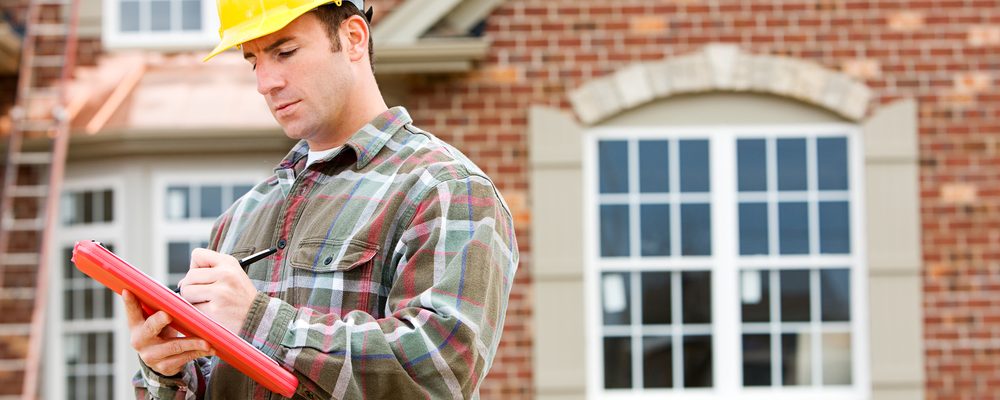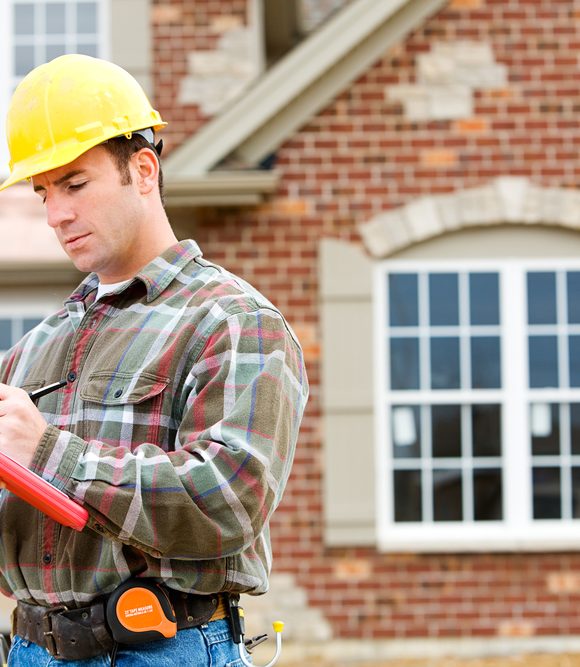A home inspection is an important element of buying your new home, allowing you to ensure that your new home is a solid investment and safe place to reside. However, many people do not fully realize the importance of the inspection and what they can do to get the most out of it. Below is a brief list of the biggest pitfalls during the process and tips you can use in order to avoid these common mistakes.
Selecting the Wrong Inspector
When you pick your inspector, keep in mind that you are hiring a professional who will provide an assessment of one of your largest lifetime investments. Regrettably, many first time buyers just go with the least expensive company or the first one recommended by a realtor. This may prove to be a big mistake, as it is best to select someone who is highly skilled, methodical, and most importantly, trustworthy. While it may help to ask your agent for referrals, it is suggested that you interview three to four of them until you find that one that you are most comfortable working with. Also, don’t forget to inquire about credentials and professional affiliations and whether the inspector has insurance, for both errors and omissions.
Not Checking for Illegal Additions
If a property has additions that were constructed illegally and without permits, the taxes, insurance, usability and value of the home will be affected. Furthermore, even newer homes with assets that were not constructed to code are the homeowner’s problem to pay for and subsequently fix.
Not Inspecting New Construction
Do not assume that since the house has passed all ordinances and codes that is it a prudent investment. It’s been reported by industry experts that they have at times, found structural problems with homes even after the property had just passed the final municipal and county building inspections. This is why it is always best to have a well-qualified inspector, since your inspector will be your last line of defense against major defects.
Not Being Present for the Inspection
The report that you receive from the inspector typically doesn’t provide you with the big-picture view of the property. It helps to go along with the inspector and ask questions and listen to what they have to say regarding their professional opinion of the property. Buyers who don’t go along on the inspection can overstate minor problems while not realizing the major issues facing the property.
Not Implementing the Recommendations of the Inspector
It is important to immediately follow up on the key issues that are raised by the inspector before the closing date. In many cases, you may not realize the actual ramifications of a problem. If you wait to investigate an issue until after closing, sometimes it can turn out to be more expensive or a bigger than you anticipated. Also, this may provide you with leverage to renegotiate the selling price.



